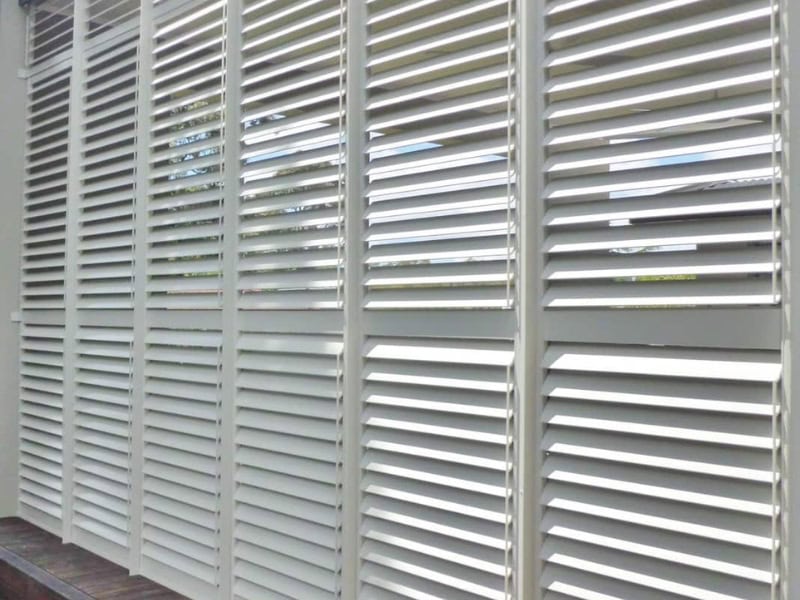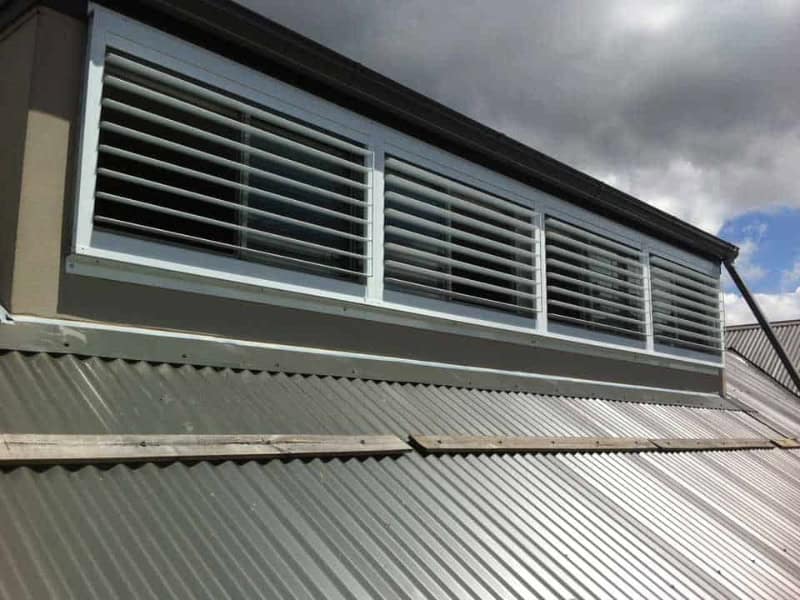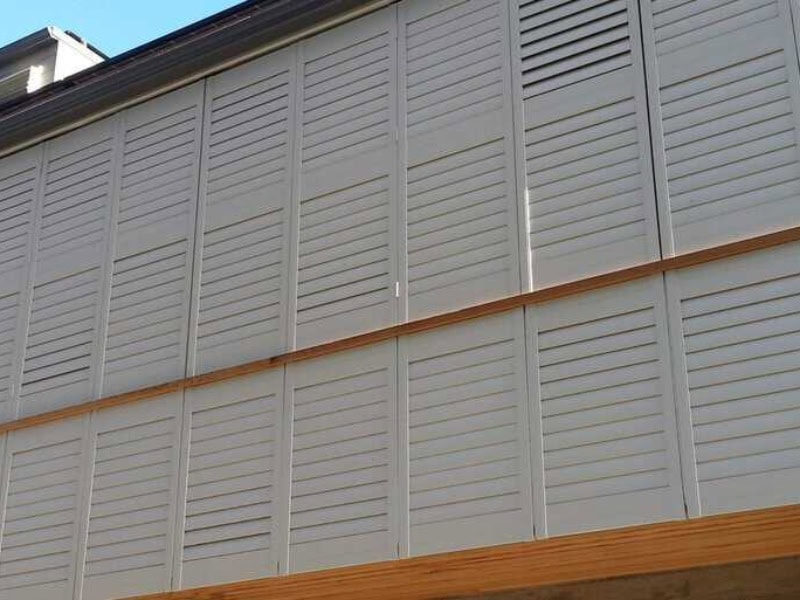If you’ve ever tried to sleep while trucks thunder down the main road or kids kick the footy next door, you’ll know noise can travel into your home far too easily. Many Aussies deal with it daily — early-morning tradies, birds at dawn, traffic on a hot night when windows need to stay open.
That’s why more homeowners are asking: Can exterior shutters on windows actually help? Most people think of shutters as a design feature, but they’re also practical. When installed properly, shutters can reduce outside noise, improve comfort, and give your home an extra layer of privacy. But not every shutter is up to the task. In this guide, we’ll dig into how sound travels, why some homes struggle more than others, and how different shutters perform when you’re chasing peace and quiet.
What causes unwanted noise around Australian homes?
Every Aussie suburb has its own background noise. Some of it’s harmless; some of it wears you down. Common offenders include:
- Cars and trucks rumbling along busy streets
- Barking dogs
- Lawn mowers on a Sunday arvo
- Construction sites with jackhammers and drills
- Neighbours playing music late into the night
Even when windows are closed, sound still finds a way in. Thin glass panes don’t stop vibrations, and gaps in the frame act like little tunnels. The result? Your lounge room can sound like the street outside. That’s where exterior shutters on windows make a difference. By creating a solid barrier, shutters reduce the amount of vibration that sneaks indoors. Think of them as an extra shield — one that doesn’t just look good but also makes everyday living more peaceful.
Of course, not every shutter is built for noise control. Some are purely decorative. Others, like plantation external shutters or outdoor aluminium shutters, are designed with strength and insulation in mind.
Why is noise control difficult without outside shutters on windows?
Windows are usually the weakest link in your home’s defence against sound. Without outside shutters on windows, you’re left relying on thin glass and lightweight frames. That means:
- Single panes let most vibrations through
- Rattling frames amplify noise instead of stopping it
- Gaps and seals leak sound just like they leak air
- Curtains soften the echo inside, but don’t stop the noise outside
If you’ve ever tried to drown out highway traffic with thick curtains, you’ll know it barely helps. And double glazing, while useful, can only do so much on its own. Adding external window shutters creates another layer between your living space and the outside world. They put up a barrier that noise must get through — and most of it doesn’t. As a bonus, shutters can also keep your house cooler in summer and warmer in winter, saving energy bills. It’s like putting an extra lock on the door. The more layers, the harder it is for unwanted intruders — in this case, sound — to get in.
How does sound travel through windows and louvre shutters on the exterior?
Sound is sneaky. It doesn’t need much space to get through. When cars, planes, or voices outside hit a glass window, the pane vibrates and passes that energy into your home. That’s why thin glass feels almost useless at blocking noise. Exterior louvre shutters can help, but only if they’re well-made and properly fitted. If gaps are too wide or the material is flimsy, sound still slips through. That’s why the type of shutter matters so much. Here’s a simple breakdown of how different shutters compare:
| Shutter Type | Noise Blocking | Durability | Weather Resistance |
| Lightweight timber | Low | Moderate | Moderate |
| Composite plantation | Medium | High | High |
| Aluminium outdoor models | High | Very High | Very High |
Light timber shutters might look the part, but they don’t stand up to noise. Aluminium and composites are far better for blocking sound and handling Aussie weather. Indoor louvre window shutters are great for privacy and style, though they’re not designed as serious noise barriers. Pairing indoor and outdoor shutters, however, can give you a layered defence.
Can aluminium shutters improve sound insulation?
Aluminium is one of the toughest materials around. That’s why these shutters are a solid choice for homes battling heavy noise. When fitted snugly, they make a huge difference. What sets them apart?
- Tough against Aussie weather — won’t warp or crack
- Dense frames that deflect vibrations
- Extra insulation for both sound and temperature
- Sleek designs that suit modern homes

Imagine living by a busy train line. Without shutters, every passing train rattles your windows. With aluminium shutters, that same noise drops to a dull background rumble. You’ll still know the train’s there, but it won’t shake your living room. For coastal homes, aluminium is even better. Salt air ruins timber, but aluminium holds strong. It’s a long-term fix, not a short-term band-aid.
Does installing exterior plantation shutters help with quiet living?
Plantation shutters aren’t just stylish — they’re also practical. By installing outdoor plantation shutters, you add charm to your home while cutting down noise. Here’s why they’re popular:
- Adjustable louvres let you balance airflow and sound
- Solid build dampens external noise
- Easy to clean and maintain
- Timeless look that fits modern or traditional homes
Think about a Sunday afternoon. Without shutters, the sound of a neighbour mowing their lawn might echo through your open windows. With external plantation shutters partly closed, you’ll still hear it faintly, but it’s no longer front and centre. High-quality shutters aren’t just about noise. They also improve security, keep out harsh sunlight, and boost property value.
How do safety standards influence the use of exterior shutters?
It’s not just about style and comfort — safety matters too. In NSW, strict rules apply when fitting shutters, especially on higher floors. You can’t block or tamper with required window safety devices. Key points include:
- Many buildings require restrictors to prevent falls
- Shutters must work alongside safety latches
- Installations must meet building codes

Complying with window safety regulations in NSW isn’t optional. It protects households, avoids fines, and ensures shutters remain safe to use. Plenty of homeowners have learnt this the hard way. They’ve gone for a cheap install, only to find out it didn’t meet code — forcing costly replacements. Doing it right the first time means less stress down the track. Plus, shutters that meet standards often last longer. They’re less likely to loosen, rattle, or fail under pressure. It’s peace of mind, knowing your shutters aren’t just effective but also legal and safe.
Final thoughts on exterior shutters and quieter living
Noise will always be part of Aussie life — whether it’s birds at dawn, traffic, or the neighbour’s telly. But that doesn’t mean you’ve got to live with it indoors. With the right choice of shutters, you can create a space that feels calmer and more private.
Whether you go for external plantation shutters, outdoor aluminium shutters, or louvres & shutters, they all add value beyond looks. They protect against the weather, give you privacy, and help create a quieter home.If you’re weighing up your options, you can discover expert tips from Shutters Australia. Getting professional advice means you’ll choose shutters that suit your house, lifestyle, and budget.


